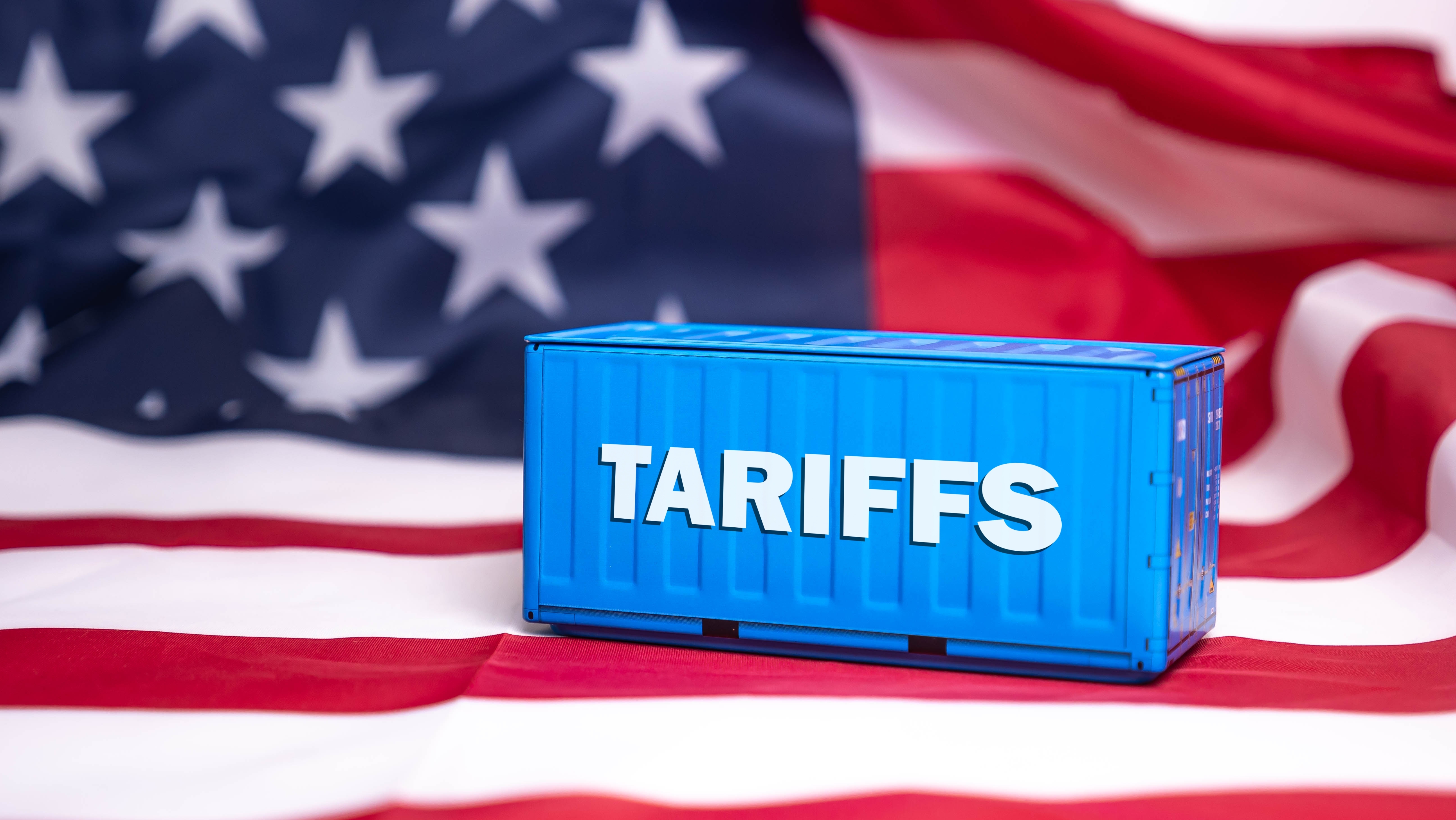
U.S. tariffs cause global shock waves
Submitted by:
Sara Waddington
U.S. President Trump’s spate of tariffs on steel, aluminium and car imports has caused shock waves across the world. It has also sparked the threat of retaliatory tariffs from countries such as China and Canada, and trading blocs such as the European Union.
On-again, off-again new levies from the United States continue to escalate global uncertainty and affect businesses, supply chains and trade in services worldwide. A temporary hold on some tariffs provides a crucial window for negotiations that may ease the current situation
“President Trump’s first 100 days in office have been the catalyst for a global economic policy shift towards narrowly defined national economic self-interest. Europe, China and other economies are adjusting to this new reality and are already adopting idiosyncratic economic policies aimed at reducing their reliance on the U.S. for defence and economic cooperation,” commented analyst Oxford Economics, in its latest research briefing on 22 April 2025.
“In the near term, these U.S. policies aimed at addressing imbalances will have an adverse impact on productivity and real incomes as they raise production costs – either by moving production back to higher cost locations in the U.S. or by raising trade frictions. This adverse impact is likely to dominate any upside to the domestic economy from the reshoring of activity,” it added.
The prohibitive tariff rates will cripple U.S.-China bilateral trade and weaker global growth will hit Chinese exports to the rest of the world, added Oxford Economics.
As manufacturers explore various strategies to navigate this turbulent landscape—including potential production shifts and price guarantees for consumers—the broader consequences for key sectors (such as automotive) and their ecosystems remain to be seen.
IMF cuts global growth forecast
On 22 April 2025, the International Monetary Fund (IMF) cut its global growth forecast to 2.8% this year in view of the trade tensions. Every major economy is negatively affected. For the United States, it projected “a significant slowdown”, with growth at a projected 1.8 per cent in 2025. That represents a 0.9 percentage‑point slowdown from its projections in January, with a 0.4 percentage point downgrade from the tariffs only. While global growth remains well above recession levels, all regions, it said, are negatively impacted this year and next.
To read the rest of this article from the May 2025 issue of ISMR, see https://joom.ag/HBjd/p8
